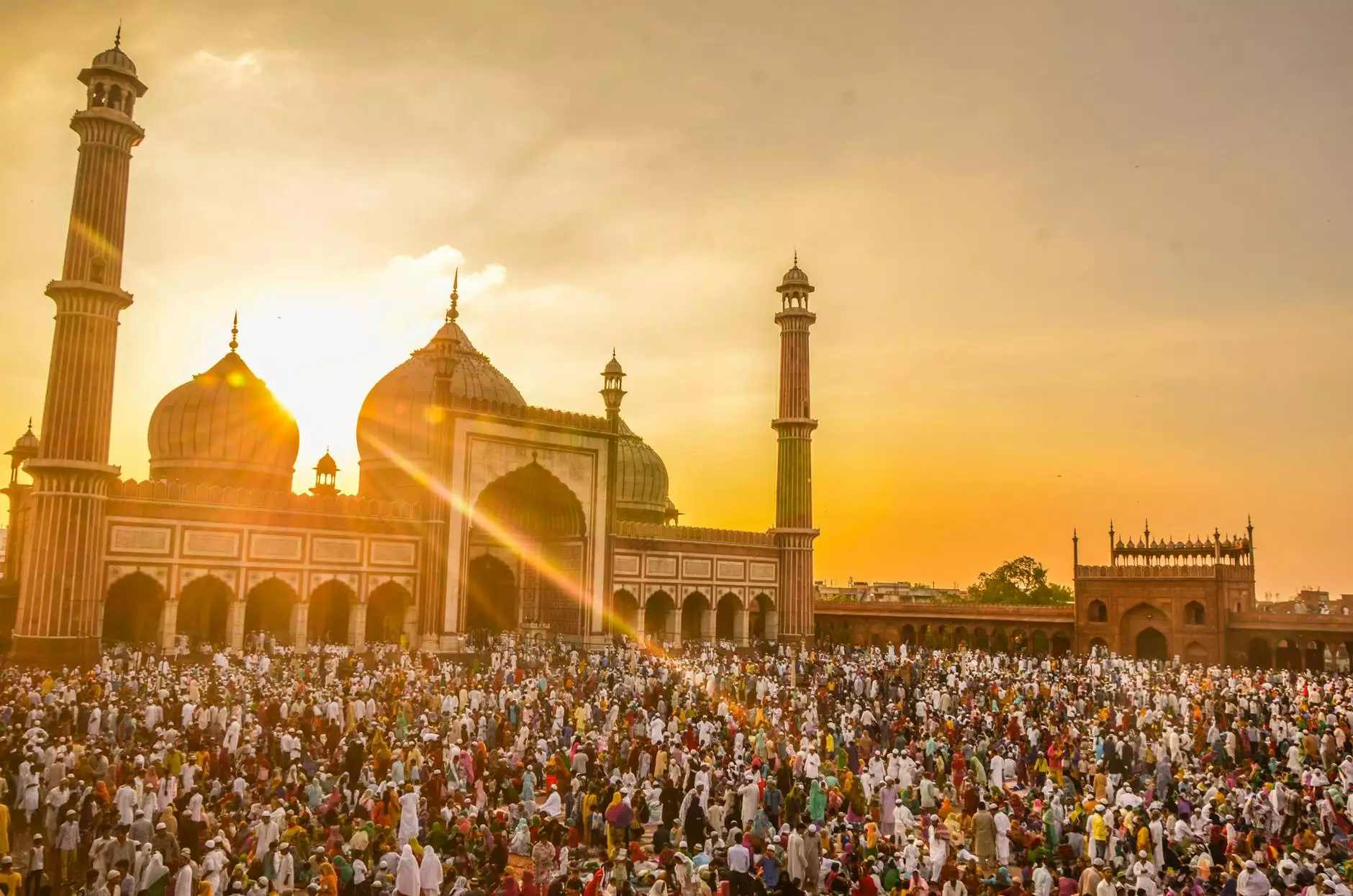Adultery and Religion

Welcome to Festivals Bazar's comprehensive guide on the intriguing topic of adultery and its relationship with religion. In this article, we will delve into the complex and often contentious intersections between adultery and various religious beliefs and practices. Join us on this insightful journey as we explore the cultural implications, moral perspectives, and historical contexts surrounding this controversial issue.
The Moral Dilemma
Adultery, defined as a voluntary sexual relationship between a married individual and someone other than their spouse, has long been regarded as immoral by many religious traditions. The act of breaking the sacred vows of marriage raises profound questions about fidelity, trust, and the consequences of one's actions.
In Christianity, for example, adultery is unequivocally condemned. The seventh commandment explicitly states, "Thou shalt not commit adultery", emphasizing the sacred bond between husband and wife. Christians view adultery as a sin that disrupts the divine plan for marriage and damages the sanctity of the family unit.
Similarly, in Islam, adultery is strictly prohibited and considered a major sin. The Quran explicitly warns against engaging in extramarital relations, emphasizing the importance of marital fidelity and the preservation of chastity. Muslims believe that adultery not only harms the individuals involved but also undermines the institution of marriage and the social fabric of society.
Religious Perspectives
While many religious traditions condemn adultery, it is essential to acknowledge that interpretations and views on this issue can vary significantly. Some religious sects and individuals may hold more nuanced perspectives, taking into account factors such as repentance, forgiveness, and personal growth.
In Judaism, for instance, adultery is regarded as a grave offense, but there is recognition of the potential for redemption. Jewish teachings emphasize the importance of repentance and seeking forgiveness, whereby individuals have the opportunity to repair their relationship with God and their spouse. However, it is important to note that reconciliation is not always guaranteed, and sincere remorse is a prerequisite for the process of repentance.
In Hinduism, the concept of adultery is condemned as a deviation from dharma, which encompasses one's moral duties and responsibilities. Adultery disrupts the harmony within the family and society. Hindu religious texts emphasize the significance of fidelity in marital relationships and highlight the consequences of infidelity, both in this life and in subsequent rebirths.
Cultural Influences
The perceptions and responses to adultery are not solely rooted in religious teachings but also influenced by cultural factors. Cultural practices, social norms, and historical contexts play a pivotal role in shaping individual and collective attitudes towards adultery.
In some societies, adultery is perceived as a dishonorable act that brings shame not only to the individual involved but also to their family and community. The severity of consequences imposed on those found guilty of adultery can vary from cultural ostracism to acts of violence.
Moreover, historical contexts and traditions can shape the perception of adultery within a specific culture. For example, in certain historical periods, adultery was treated as a crime punishable by law. In contrast, other societies might have had more relaxed attitudes, especially among the nobility or higher social classes.
The Way Forward
As societal attitudes continue to evolve, discussions around adultery and religion become increasingly complex. The dynamic nature of belief systems and the diverse cultural landscapes in which religions are practiced give rise to a multitude of perspectives and approaches.
It is crucial for individuals to engage in dialogue, promote understanding, and cultivate empathy when discussing sensitive topics such as adultery and religion. Respecting different viewpoints and recognizing the human capacity for growth, forgiveness, and redemption can lead to a more nuanced understanding of this contentious issue.
By exploring the intersections of adultery and religion, we gain valuable insights into the ethical and moral frameworks that shape society's understanding of relationships, fidelity, and personal responsibility. Together, let us continue to delve into this fascinating realm to foster open-mindedness, compassion, and intellectual growth.









